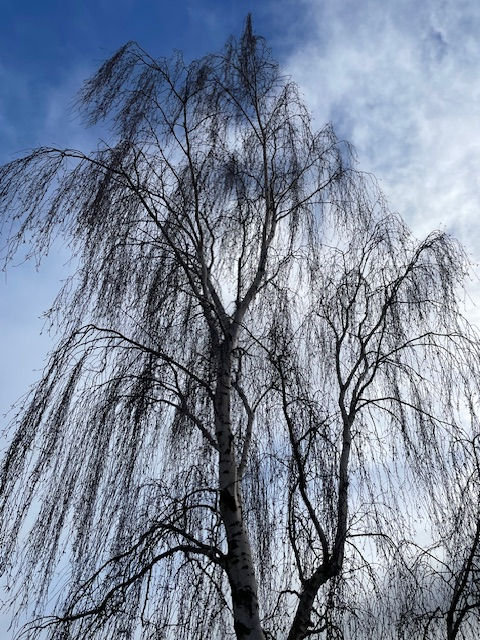Personal News
- WEDossett

- Jul 23, 2023
- 3 min read
Updated: Jul 26, 2023
"Libraries gave us power. Then work came and made us free." The Manic Street Preachers
On July 31st I leave my job at the University of Chester after working in its extraordinary Department of Theology and Religious Studies for the last 13 years and ending a lecturing career of nearly three decades.
In April 2023, a couple of weeks after my 54th birthday, I surprised myself, and everyone else, by suffering a heart attack. It was a Spontaneous Coronary Artery Dissection (SCAD), in other words, a tear in the coronary artery. SCAD heart attacks happen when arteries are weakened by hormonal changes and then those weakened arteries are exposed to chronic or episodic stress or extreme emotion.
Three weeks after my discharge from Liverpool Heart and Chest Hospital, I was advised by the Cardiac Rehab Team that, other than medication, the only protection from recurrence of this particular type of heart attack is the significant reduction of stress. Therefore, if I could retire, I should. While shocking and unwelcome, this was obviously not advice I could ignore.
So. Here I am, not for the first time grateful to have survived a brush with death, standing unexpectedly on the threshold of a very different life. It’s one brimming (shimmering!) with opportunity for sure, but I’m also leaving a lot behind.
Owing mostly to prevailing political winds (to use an inappropriately benign metaphor for something so destructive), it’s not been easy working in the Humanities in the last few years. The reason academics and others with livelihoods in the Humanities keep going, despite the cost to their mental and physical health, is because it matters so much; not just to us who are in it, but in general. Learning to question our categories, to think critically, to deconstruct narratives and meta-narratives, to analyse the relationships between experiences, beliefs and events, to ask 'who benefits?', to express, persuade, create, liberate and to build anew, are all activities of immense value in themselves. So, too, is the work of offering the next generation the necessary leg-up to enable them to do it more thoroughly, effectively, creatively and liberatively than we did. Almost every person involved, in my experience, possesses some degree of special motivation, even vocation.
When work matters like that, it’s life-giving. As the Manics sang, perfectly communicating that bone-deep knowledge of working-class people, work comes to 'make us free.'
For me, toiling on my little patch(es) of the field of Religious Studies has honestly been a labour of love. I’ve been lucky enough to teach the most amazing students for twenty-eight years, who have themselves taught and inspired me. They've gone on to be amazing people and to make contributions of huge worth. I’ve benefited from being around the best departmental colleagues imaginable, all through my career. They've inspired me, taught me, blown my mind. They've lifted me up, covered my mistakes, encouraged me and lent me a hand. In the last few years, I've worked with some committed and courageous colleagues in the wider university in a tricky area of diversity and inclusion. Beyond the university, I've had the privilege of working with some excellent organisations in the two very different worlds of Religious Education and of addiction recovery research and advocacy, and I've got to be involved in projects, in both those areas, that have made a small, but real, difference.
It’s an awful lot to let go of, especially so suddenly.
I have to be honest, too, and say that there’s much about the daily grind of university working-life that I'm not sorry to see the back of. The majority of that grind is caused, directly or indirectly, by the aforementioned foul political winds, though some of it is enhanced by my own quirks and limitations. As well as some relief, there's also survival guilt in the mix, too; as I think about what academic colleagues, and therefore students, face in the years ahead. However, while I still have projects and plans (more later about the 'brimming' and 'shimmering'), I'm sorely grieving the end of my bit of the collaborative effort to create and educate as a salaried academic and part of a team. To say that I've enjoyed researching, teaching, advocating, and trying, with colleagues, to fight the system from within, is an understatement.
You won’t be reading this unless you are someone I know. If I've done any of the above with you in any capacity - student or colleague - this is a heartfelt thank you - for making me free.
Please stay in touch.



